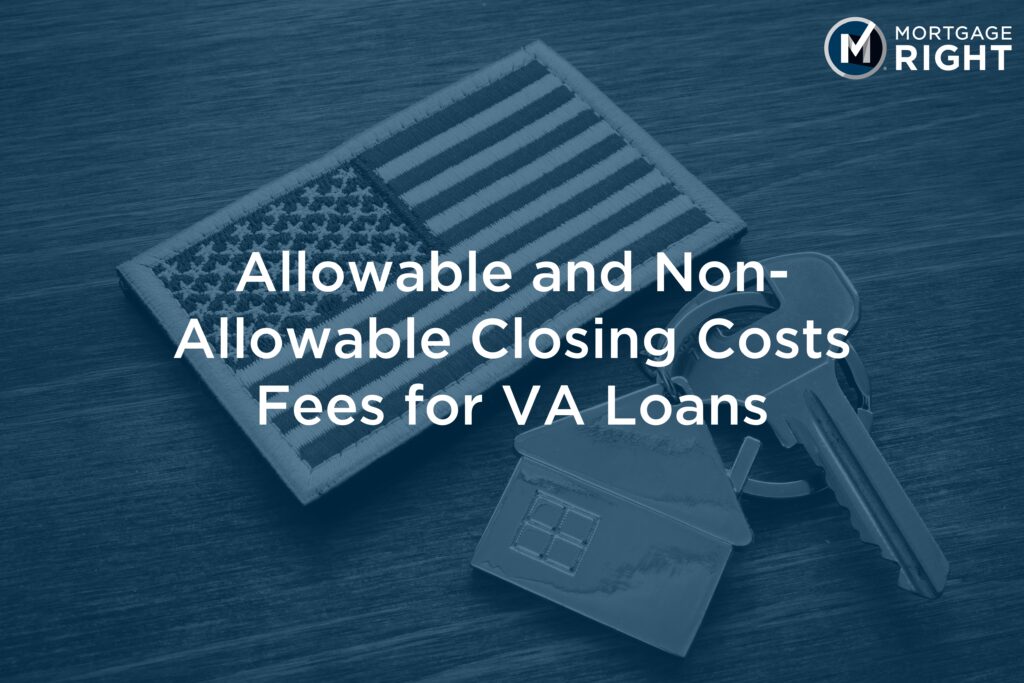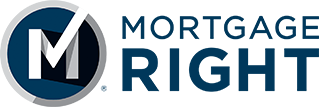
Allowable and Non-Allowable Closing Costs Fees for VA Loans
As a service member or veteran looking to buy or refinance a home, VA loans are a great option to consider. VA loans are backed by the Department of Veterans Affairs and offer a range of benefits, including no down payment requirement, competitive interest rates, and more relaxed credit score requirements than traditional loans. However, like any other type of mortgage, VA loans come with closing costs, which can add up quickly. It’s important to understand which of these costs are allowable and which are non-allowable.
Allowable Closing Costs Fees:
Firstly, let’s discuss allowable closing costs fees for VA loans. Allowable closing costs are expenses that are considered necessary to complete the loan process. Here are the most common allowable closing costs fees for VA loans:
- Appraisal fee: This fee is charged by an appraiser to assess the value of the property you are purchasing or refinancing.
- Credit report fee: This fee covers the cost of obtaining your credit report and credit score.
- Origination fee: This fee is charged by the lender for processing and underwriting your VA loan.
- Recording fee: This fee is charged by the county or municipality to record the mortgage or deed of trust.
- Title search and title insurance: This fee covers the cost of searching public records to verify that the seller has the legal right to sell the property and insuring the title against any defects.
- VA funding fee: This fee is charged by the VA to help offset the cost of the loan program.
- Prepaid items, such as taxes and insurance: This includes property taxes, hazard insurance, and mortgage insurance premiums.
- Hazard insurance premium: This fee is charged to insure the property against damage from fire, flood, and other disasters.
- Flood zone determination fee: This fee covers the cost of determining whether the property is located in a flood zone.
- Survey fee: This fee covers the cost of having a professional survey the property to determine its boundaries and identify any encroachments.
Non-Allowable Closing Costs Fees:
Now, let’s take a look at non-allowable closing costs fees for VA loans. Non-allowable closing costs are expenses that are not considered necessary to complete the loan process. Here are the most common non-allowable closing costs fees for VA loans:
- Attorney fees: This fee covers the cost of hiring an attorney to review legal documents related to the VA loan.
- Brokerage fees: This fee covers the cost of hiring a mortgage broker to help you find a VA loan.
- Document preparation fees: This fee covers the cost of preparing legal documents related to the VA loan.
- Escrow fees: This fee covers the cost of setting up an escrow account to hold funds for property taxes and insurance.
- Notary fees: This fee covers the cost of having documents notarized.
- Postage and courier fees: This fee covers the cost of mailing or couriering documents related to the VA loan.
- Tax service fees: This fee covers the cost of having a third party verify your property tax payments.
- Underwriting fees: This fee covers the cost of having your loan application reviewed by an underwriter.
It’s important to note that while some of these costs are non-allowable for VA loans, they may still be necessary to complete the loan process. In these cases, the borrower will be responsible for paying these fees out of pocket. It’s also worth noting that the VA has a 1% cap on origination fees, so lenders cannot charge more than 1% of the loan amount as an origination fee.
If you’re a service member or veteran considering a VA loan, it’s important to do your research and understand the costs associated with the loan. Knowing which closing costs are allowable and non-allowable can help you budget accordingly and avoid any surprises down the line. If you have any questions or concerns about the cost of your VA loan, don’t hesitate to reach out to your lender for clarification.
At the end of the day, VA loans offer a range of benefits and can be a great option for those who qualify. By understanding the costs associated with the loan, you can make an informed decision about whether a VA loan is the right choice for you. So, if you’re considering a VA loan, take the time to review the allowable and non-allowable closing costs, and make sure to speak with your lender to get all the information you need to make the best decision for your situation.






